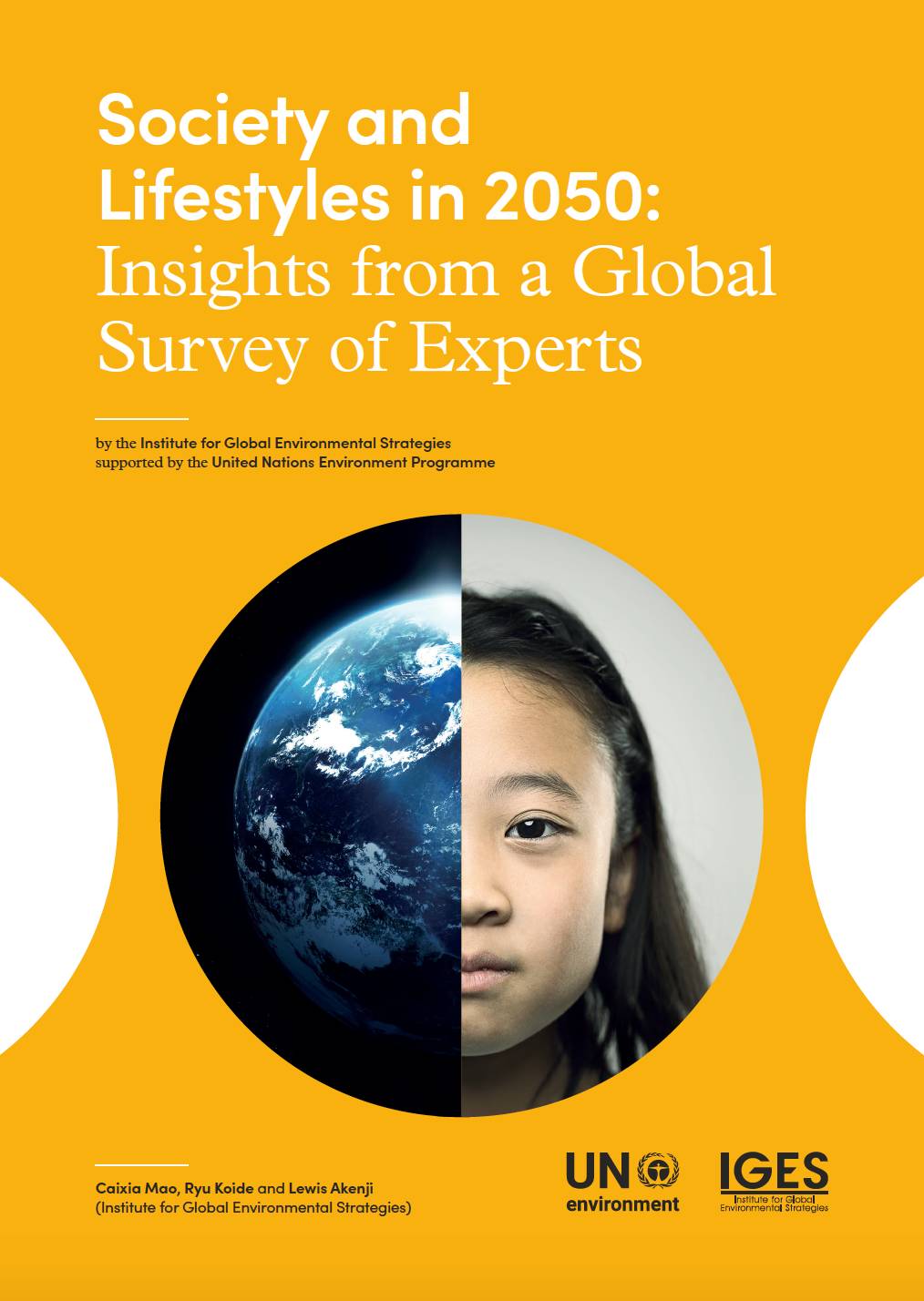
This report provides diverse possibilities of the future in 2050 as the basis for discussions on future lifestyles by different stakeholders and citizens in a more participatory foresight process. Based on the outcome of a survey of future-oriented experts, this report gathers insights from experts in diverse fields on a global scale, with both optimistic and pessimistic views on how our society and lifestyles will evolve over the next few decades towards 2050. Rather than depicting a future that is most likely to be, this report focuses on teasing out those contested views and the possibilities of multiple futures when thinking about the years to come. Findings from survey responses from futures studies experts suggest that while technological changes are easier to land within the range of expectation, it is changes in our values and soft aspects of society such as culture, social norms, social connections and relationships that remain least understood. Yet it is these soft aspects that would be most consequential when looking at how, as individuals and communities, we accommodate or do not accommodate the multiple ripples analysed in this report.
The report suggests that although it is not possible to predict what future societies would be like with certainty, the future can be co-created by bringing those engaged in preparing for it together with opportunities, both anticipated and unanticipated, that arise. Future-oriented experts, whether they are policymakers or scientists, can contribute to the realisation of more a sustainable future by interpreting the future not only through the lens of hard technology and economy, but also through changes in the soft aspects, thereby, providing a richer and more dynamic understanding of what future lifestyles could hold, particularly with regards to our daily living. In this way, a more “people-centred” view enables citizens to be better engaged on how future changes could affect their lives and how a more sustainable future can be built.
ISBN/ISSN: 978-4-88788-226-3


